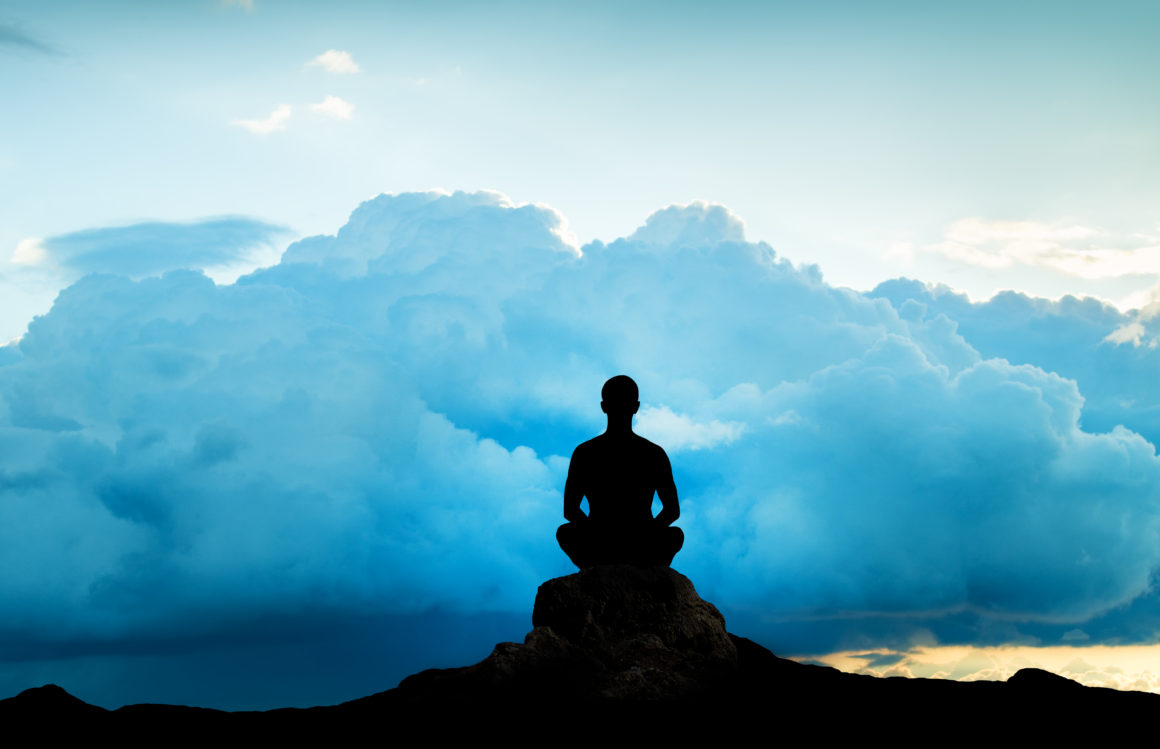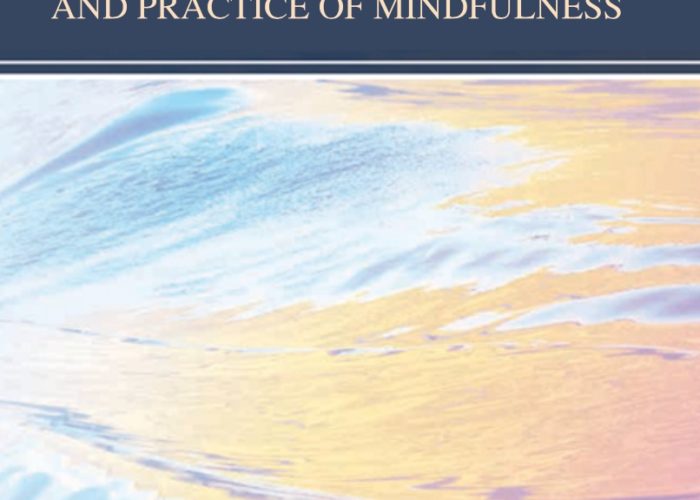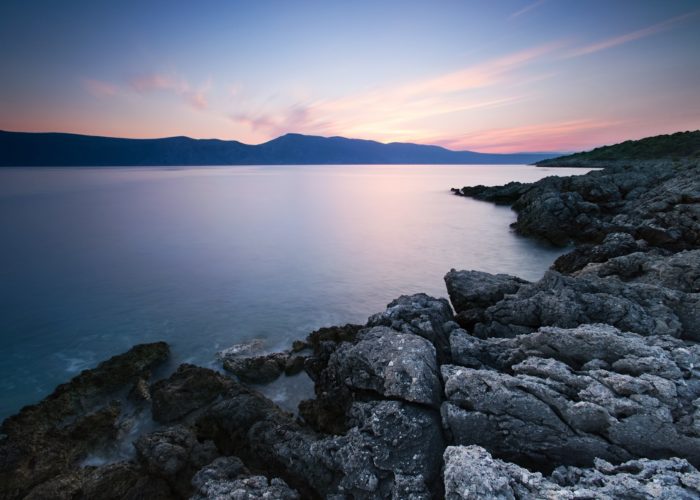Repeated tragedies in the headlines bring pain and suffering into all of our lives. We experience the stress and trauma of these tragedies, requiring that we find a way to cope, to go on, and to heal again and again. Mindfulness cannot undo the damage done by senseless acts of violence and natural disasters, but it can help us to heal. Meditation and self-reflection does just that; it builds resilience, it gives us strength, and it helps us to heal.
When we hear of other’s suffering, we feel for the victims and their families. We also become inspired to take action to help. Just as activists such as Gandhi and Martin Luther King used mindfulness as a compass for right action, we can all turn to these practices for finding purpose and direction in our own lives.
Mindfulness is a way of being that can be cultivated with practice. Just as exercising makes us physically strong, the practices of meditation and self-reflection build an inner strength of character, cultivating compassion, kindness and a sense of purpose. It won’t stop hurricanes or earthquakes, but it builds communities who come together in times of need. It can unify families who have been pulled apart by senseless acts of violence. Practicing meditation reconnects us with our sense of purpose, giving us the strength to carry on in our own lives. We feel motivated by these tragic national events to take action. That action begins with mindful reflection, to reconnect, and to find our inspiration from within our own hearts.
If you have experienced trauma, or have been touched by the suffering of others, explore the potential of meditation to make a difference in your own life. Simple, short practices can bring short-term relief, and help you re-center on a daily basis. Long-term practices can have life-altering effects that can also touch the lives of others.




